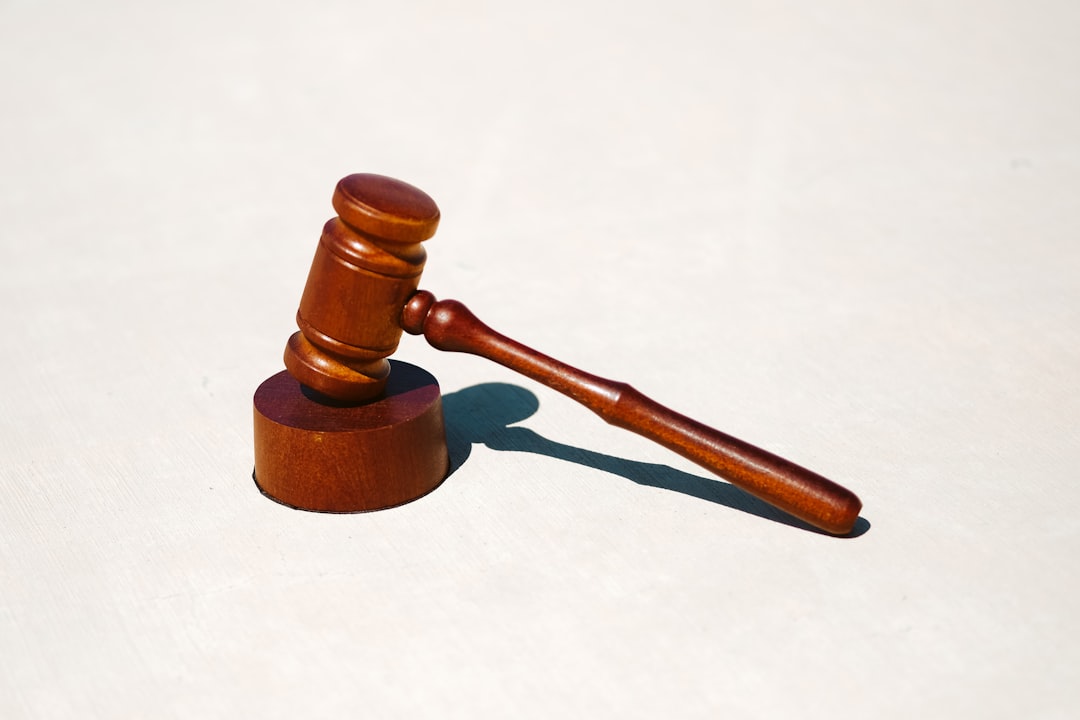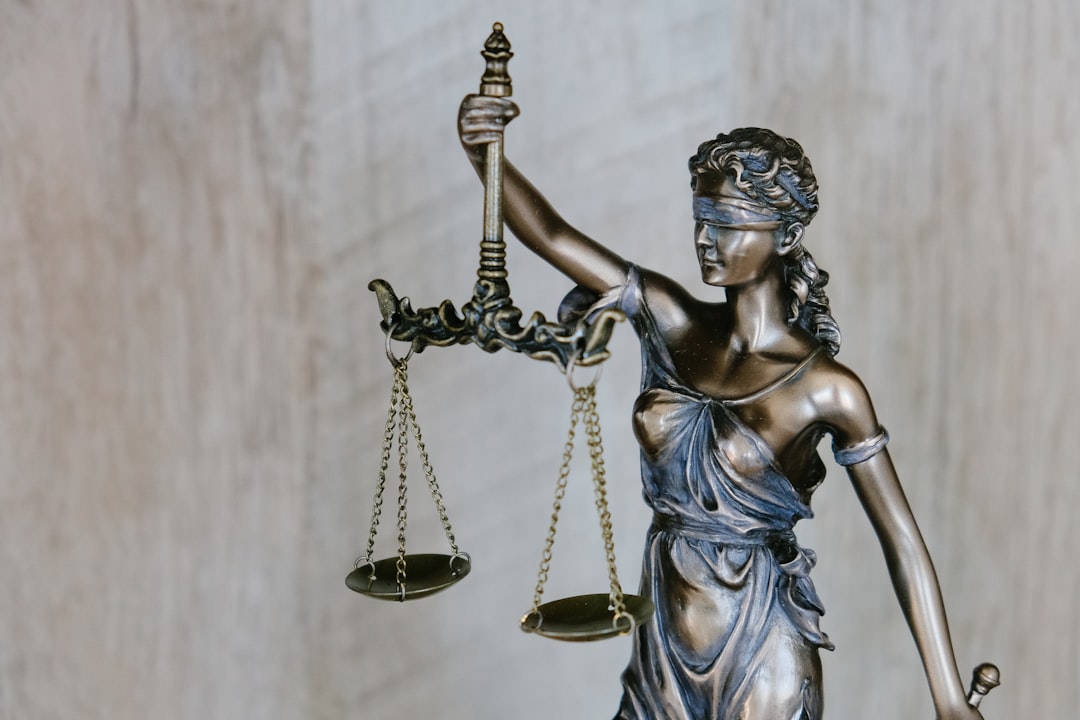Robocalls are a common nuisance in Massachusetts, but strict state and federal laws, notably the Telephone Consumer Protection Act (TCPA), protect residents from unwanted automated calls. If you've received unsolicited promotional or sales robocalls, you may have legal recourse, including the right to sue for damages under both TCPA and Chapter 93 of the Massachusetts General Laws. Consulting a telecommunications law specialist can guide you through your rights and potential actions, such as filing complaints or pursuing settlements or trials.
In the age of digital communication, robocalls have become a ubiquitous yet unwanted nuisance. Massachusetts residents enjoy robust consumer privacy rights, but understanding when these automated calls cross the line into illegal territory can be complex. This article explores Massachusetts law regarding robocalls, outlines unlawful practices, and delves into consumers’ privacy protections. We also discuss legal avenues for those targeted by unwanted robocalls and offer practical advice on protecting your rights in Can I Sue For Robocalls Massachusetts?
Understanding Robocalls and Massachusetts Law

Robocalls, automated or pre-recorded phone calls, have become a ubiquitous yet unwanted part of daily life for many Massachusetts residents. While some robocalls are from legitimate sources like banks or government agencies, others can be intrusive and misleading, often falling into categories like telemarketing, debt collection, or political campaigns. In Massachusetts, the Can I Sue For Robocalls scenario is governed by both state and federal laws designed to protect consumer privacy.
The Telephone Consumer Protection Act (TCPA) at the federal level and Chapter 93 of the Massachusetts General Laws specifically address robocalling practices. These laws restrict how businesses and organizations can use automated dialing systems, requiring explicit consent for marketing calls and texts. If you’ve received unwanted or fraudulent robocalls, understanding your rights under these laws is crucial. The ability to take legal action, including potentially suing for damages, may be available if a business has violated your privacy rights as outlined in the TCPA and Massachusetts consumer protection legislation.
When Robocalls Cross the Line: Unlawful Practices

Robocalls, while often seen as a nuisance, can cross into unlawful territory and infringe upon Massachusetts consumers’ privacy rights. If a caller uses automated technology to make unsolicited calls with the intent to sell or promote products/services, it may violate state laws. These practices are not only annoying but also illegal in Massachusetts, where residents have specific protections against unwanted phone marketing.
If you’ve received a robocall and believe your privacy rights have been violated, you may have legal recourse. In Massachusetts, there are strict regulations regarding telemarketing practices, and consumers can take action against companies that break these rules. This includes the right to sue for damages and seek compensation for each violation under the state’s consumer protection laws, including the ability to Can I Sue For Robocalls Massachusetts.
Consumer Privacy Rights in Massachusetts: A Closer Look

In Massachusetts, consumer privacy rights are protected by a blend of state and federal laws, including the Telephone Consumer Protection Act (TCPA). This legislation grants consumers the right to silence unwanted phone calls, particularly from automated or prerecorded messages, commonly known as robocalls. If your phone has been inundated with these unsolicited calls, you may wonder: Can I sue for robocalls in Massachusetts? The short answer is yes. Consumers who have suffered harassment or invasion of privacy due to excessive or inappropriate robocalls have legal recourse and can file a lawsuit under the TCPA.
The Massachusetts Supreme Judicial Court has recognized the importance of protecting consumers from these types of intrusions, emphasizing that telephone solicitation laws are designed to “curb the abuse of automated dialing equipment.” This means that businesses engaging in robocalling activities must adhere to strict guidelines, including obtaining prior express consent from recipients before making automated calls. If a business fails to comply and you’ve been affected, you could be entitled to damages, including statutory penalties and attorney’s fees.
Legal Recourse for Unwanted Robocalls

If you’re receiving unwanted robocalls in Massachusetts, know that there are legal avenues to take action. The Telephone Consumer Protection Act (TCPA) is a federal law designed to prevent companies from making nuisance calls, including robocalls. Under this act, individuals have the right to seek compensation for each violation. If a business has called you without your prior consent, you can file a lawsuit and potentially receive damages.
In Massachusetts, the state’s consumer protection laws also offer protections against deceptive or harassing phone calls. While suing might seem daunting, there are resources available to help consumers navigate their rights. Consulting with an attorney specializing in telecommunications law can provide guidance on the best course of legal action, including negotiating a settlement or proceeding to trial if necessary.
Protecting Your Rights: What to Do If You're Targeted

If you’ve been targeted by robocalls in Massachusetts, it’s essential to know your rights and options for protection. While blocking such calls is a common first step, it may not be enough to stop persistent robocallers. The Telephone Consumer Protection Act (TCPA) provides consumers with significant legal protections against unwanted robocalls. If you’ve received a call from an automated system without prior consent, you have the right to take action.
In Massachusetts, as in many states, there are strict regulations regarding telemarketing practices. You can file a complaint with the Massachusetts Attorney General’s office or the Federal Communications Commission (FCC) if you believe you’ve been victimized by illegal robocalls. Additionally, if the calls have caused significant harm or financial loss, you may consider legal action and consulting with an attorney who specializes in TCPA lawsuits to explore your ability to can I sue for robocalls Massachusetts.






